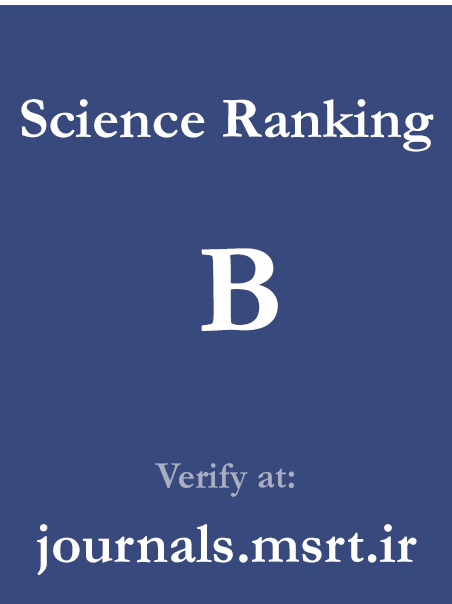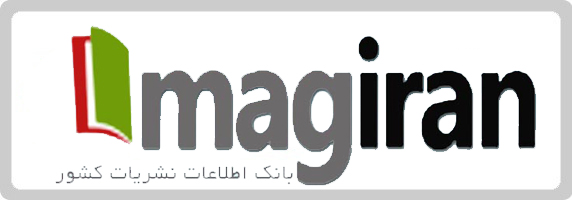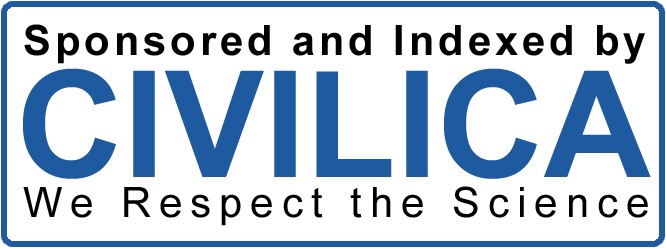Emergent Strategies for Embedding Ethics in Assessment Practices in Teacher Education
Keywords:
Ethical assessment, teacher education, qualitative research, assessment strategies, professional ethics, institutional support, TehranAbstract
This study aimed to explore emergent strategies for embedding ethics in assessment practices among
teacher educators in Tehran, with a focus on identifying principles, challenges, and institutional supports
within teacher education programs. A qualitative research design was employed, utilizing semistructured interviews with 20 purposively selected teacher educators from various institutions in Tehran.
Participants were chosen to ensure a diversity of experiences in assessment roles. Data were collected
until theoretical saturation was achieved and analyzed thematically using NVivo software, following
Braun and Clarke’s framework. Rigorous ethical protocols, including informed consent and data
anonymization, were observed throughout the study. Analysis revealed three major themes underpinning
ethical assessment in teacher education: (1) Ethical Foundations in Assessment—including fairness,
transparency, confidentiality, respect for student autonomy, cultural sensitivity, avoidance of bias, and
honesty in feedback; (2) Ethical Pedagogical Strategies—such as reflective practice, dialogic
engagement, participatory rubric development, and ongoing professional development; and (3)
Institutional and Structural Supports—encompassing codes of ethics, assessment committees,
professional training, and digital privacy protocols. Participants highlighted both individual agency and
systemic structures as necessary for sustaining ethical assessment, while also reporting context-specific
challenges related to policy, resource constraints, and digital transformation. The study underscores the
multifaceted nature of ethics in assessment, revealing that sustainable ethical practices require a
combination of personal commitment, reflective pedagogies, and supportive institutional frameworks.
Embedding ethics in assessment is both a relational and structural endeavor, demanding contextsensitive approaches, professional development, and robust policy supports in teacher education. These
findings have significant implications for developing comprehensive ethical guidelines, fostering
reflective practice, and ensuring equity and integrity in teacher assessment.
Downloads
References
Abbasi, Z., Mokhtari, M., & Amiri, A. (2022). Assessment challenges and opportunities in Iranian teacher education: A qualitative study.
Asia-Pacific Journal of Teacher Education, 50(1), 77–92. https://doi.org/10.1080/1359866X.2021.1919046
Bearman, M., Ajjawi, R., Boud, D., Tai, J., & Dawson, P. (2022). Reframing assessment research: Through a practice theory lens. Studies in
Higher Education, 47(1), 36–51. https://doi.org/10.1080/03075079.2020.1800672
Boud, D., & Falchikov, N. (2007). Rethinking assessment in higher education: Learning for the longer term. Routledge.
Boud, D., & Molloy, E. (2013). Rethinking models of feedback for learning: The challenge of design. Assessment & Evaluation in Higher
Education, 38(6), 698–712. https://doi.org/10.1080/02602938.2012.691462
Brown, G. T. L., & Harris, L. R. (2014). The future of self-assessment in classroom practice: Reframing self-assessment as a core competency.
Frontline Learning Research, 2(1), 22–30. https://doi.org/10.14786/flr.v2i1.24
Green, W., Hammer, S., & Star, C. (2017). Facing up to the wicked problem of curriculum reform: Implementing a new assessment regime
in a teacher education context. Higher Education Research & Development, 36(3), 491–504.
https://doi.org/10.1080/07294360.2016.1207631
Hill, M. F., Cowie, B., Gilmore, A., & Smith, L. F. (2017). Preparing students for assessment in the future: A review of assessment practices
in teacher education. Assessment in Education: Principles, Policy & Practice, 24(3), 307–323.
https://doi.org/10.1080/0969594X.2017.1319335
Ho, A. (2014). Ethical considerations in assessment. In J. Y. L. Wan & A. K. Y. Yuen (Eds.), Assessment for learning within and beyond the
classroom (pp. 17–33). Springer.
Ifenthaler, D., & Schumacher, C. (2016). Student perceptions of privacy principles for learning analytics. Educational Technology Research
and Development, 64, 923–938. https://doi.org/10.1007/s11423-016-9477-y
McArthur, J. (2016). Assessment for social justice: The role of assessment in achieving social justice. Assessment & Evaluation in Higher
Education, 41(7), 967–981. https://doi.org/10.1080/02602938.2015.1053429
O’Leary, M., & Scully, D. (2018). The digital assessment revolution: New challenges and opportunities for teacher education. European
Journal of Teacher Education, 41(2), 258–274. https://doi.org/10.1080/02619768.2018.1427727
Shephard, K., Harraway, J., Lovelock, B., Mirosa, R., Skeaff, S., Slooten, L., Strack, M., Furnari, M., & Jowett, T. (2016). Seeking the ethical
in assessment: A reflective narrative approach. Assessment & Evaluation in Higher Education, 41(7), 1049–1064.
https://doi.org/10.1080/02602938.2015.1066748
Volume 2, Issue 2
9
Smith, C., Worsfold, K., Davies, L., Fisher, R., & McPhail, R. (2019). Assessment literacy and student learning: The case for explicitly
developing students’ “assessment capabilities.” Assessment & Evaluation in Higher Education, 44(4), 599–613.
https://doi.org/10.1080/02602938.2018.1527892
Tai, J., Ajjawi, R., Bearman, M., & Dawes, L. (2018). Conceptualisations of feedback literacy: A review of literature and implications for
practice. Assessment & Evaluation in Higher Education, 43(2), 284–297. https://doi.org/10.1080/02602938.2017.1356906
Wyett, J., Weaven, M., & Herington, C. (2021). Ethical dilemmas and assessment: Teacher perspectives in the era of digital learning.
Teaching in Higher Education, 26(8), 1103–1118. https://doi.org/10.1080/13562517.2020.1790668
Downloads
Published
Submitted
Revised
Accepted
Issue
Section
License

This work is licensed under a Creative Commons Attribution-NonCommercial 4.0 International License.




